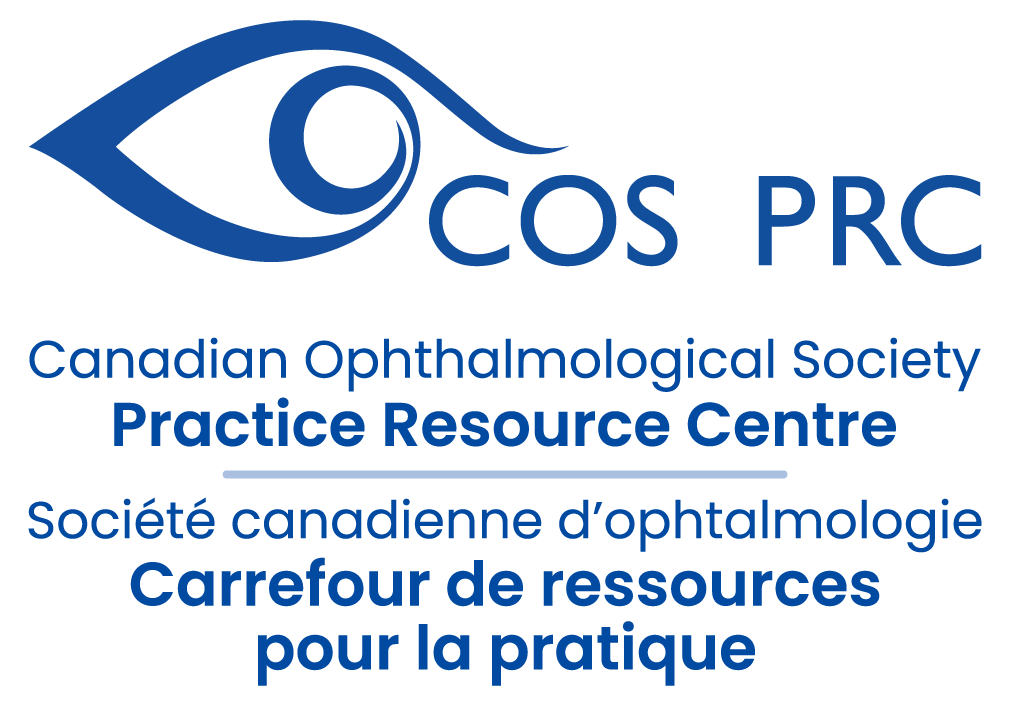Submitted by: Edmond Sandouk
Overview
Dry eye disease (DED) is a multifactorial disorder of theocular surface, in which inflammation is a central component of both symptoms and pathogenesis[1].
While vitamin D is recognized for its role in calcium regulation and bone health, it also has immunomodulatory and anti-inflammatory properties that may benefit ocular health[2].
Multiple studies have investigated the impact of systemic vitamin D supplementation on DED. Notably, Bae et al. conducted a randomized controlled trial on patients with DED and vitamin D deficiency. They demonstrated significant improvements in tear break-up time (TBUT), Schirmer’s test and ocular surface disease index (OSDI) scores following vitamin D supplementation[3, 4].
Building on this promising evidence, a recent clinical trial led by Hassanpour et al explored a novel approach: topical vitamin D eye drops[5].
Study Title
Safety and Efficacy of Topical Vitamin D in the Management of Dry Eye Disease Associated With Meibomian Gland Dysfunction: A Placebo-Controlled Double-Blind Randomized Controlled Trial[5].
Q&A: Insights from the Study
Q: What was the rationale for testing topical vitamin D?
A: Given the positive ocular benefits of systemic vitamin D, this study aimed to assess whether topical administration could provide local therapeutic effects in patients with DED associated with meibomian gland dysfunction (MGD).
Q: What was the study design?
A: The study was a double-blind randomized control trial including 56 patients with both DED and MGD. They were randomly assigned to receive either vitamin D eye drops or placebo eye drops, administered in one eye four times daily for 8 weeks.
Q: What were the results?
A: At 8 weeks, the vitamin D group demonstrated statistically significant improvements across all major outcomes compared to the placebo group:
- Corneal fluorescein staining: improved ocular surface integrity
- Dry Eye Questionnaire (DEQ 5): reduced subjective symptoms of dry eyes
- Schirmer test: increased tear production
- TBUT: longer tear film breakup time
- Meibomian gland expressibility score: improved gland function
- OSDI score: reduced severity of DED
Q: Were there any adverse effects?
A: The treatment was well tolerated. There were no statistically significant ocular adverse events compared to the placebo group, and no participants discontinued the study due to side effects.
Q: Are topical vitamin D eye drops commercially available?
A: The eye drops were specifically prepared for research purposes and are not currently available on the market.
Conclusion
Topical vitamin D appears to be a safe and promising option for the treatment of DED associated with MGD. This study highlights the need for further research and development of vitamin D-based ocular therapies.
References
1. Clayton, J.A., Dry Eye. N Engl J Med, 2018. 378(23): p. 2212-2223.
2. Sassi, F., C. Tamone, and P. D’Amelio, Vitamin D: Nutrient, Hormone, and Immunomodulator. Nutrients, 2018. 10(11).
3. Bae, S.H., et al., Vitamin D Supplementation for Patients with Dry Eye Syndrome Refractory to Conventional Treatment. Sci Rep, 2016. 6: p. 33083.
4. Rolando, M. and S. Barabino, Dry Eye Disease: What Is the Role of Vitamin D? Int J Mol Sci, 2023. 24(2).
5. Hassanpour, K., et al., Safety and Efficacy of Topical Vitamin D in the Management of Dry Eye Disease Associated With Meibomian Gland Dysfunction: A Placebo-Controlled Double-Blind Randomized Controlled Trial. Cornea, 2024. 43(5): p. 552-563.



